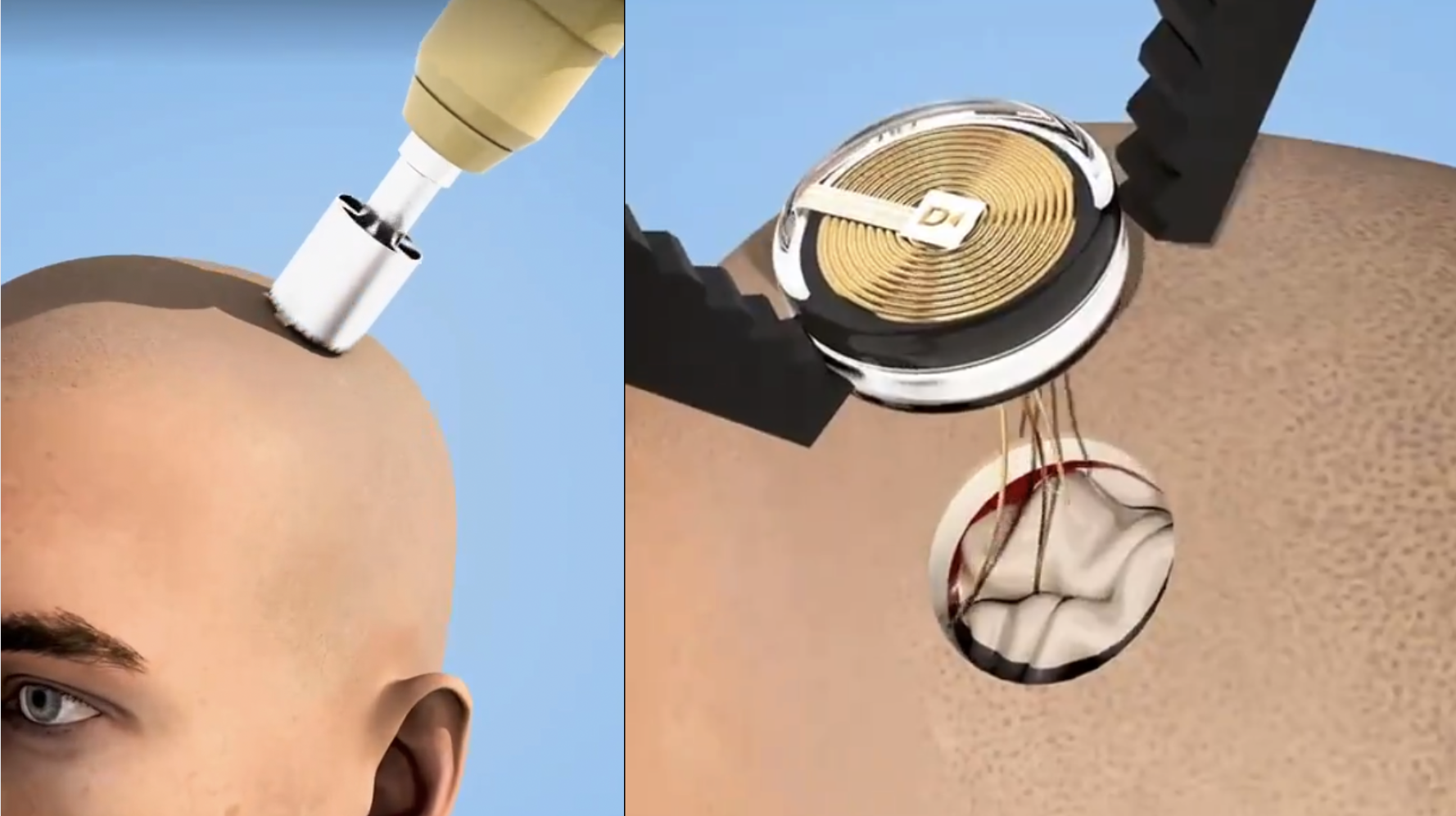Neuralink, Elon Musk’s brain-chip venture, encountered an unexpected setback during its inaugural human implant, as the device began to detach from the patient’s skull, reducing its data-capturing capacity, the company revealed Wednesday.
The brain-computer interface (BCI), implanted into 29-year-old patient Noland Arbaugh’s brain in January, aims to empower individuals with paralysis to control external technology using their thoughts alone. Arbaugh, paralyzed from the shoulders down following a diving accident eight years ago, is participating in Neuralink’s six-year trial to assess the device’s safety.
In a recent livestream, Arbaugh showcased the BCI’s functionality by playing video games, demonstrating how he can manipulate the cursor through thought alone. However, Neuralink disclosed that since the video, “a number of threads retracted from [Arbaugh’s] brain, resulting in a net decrease in the number of effective electrodes.”
This detachment hindered Neuralink’s ability to gauge the system’s performance accurately, prompting adjustments to improve data collection and translation. Despite this setback, Arbaugh’s usage of the BCI reportedly continues for several hours each day.
While the possibility of removing Arbaugh’s implant was considered, it hasn’t directly jeopardised his safety. Arbaugh became the first human test subject for Neuralink’s chip, but details about future trials remain undisclosed.
Despite the setback, Arbaugh remains committed to the trial, expressing enthusiasm about contributing to a potentially world-changing technology. Neuralink, founded in 2016, has faced scrutiny over transparency, particularly regarding its human trials, following FDA approval last year after extensive animal testing.


